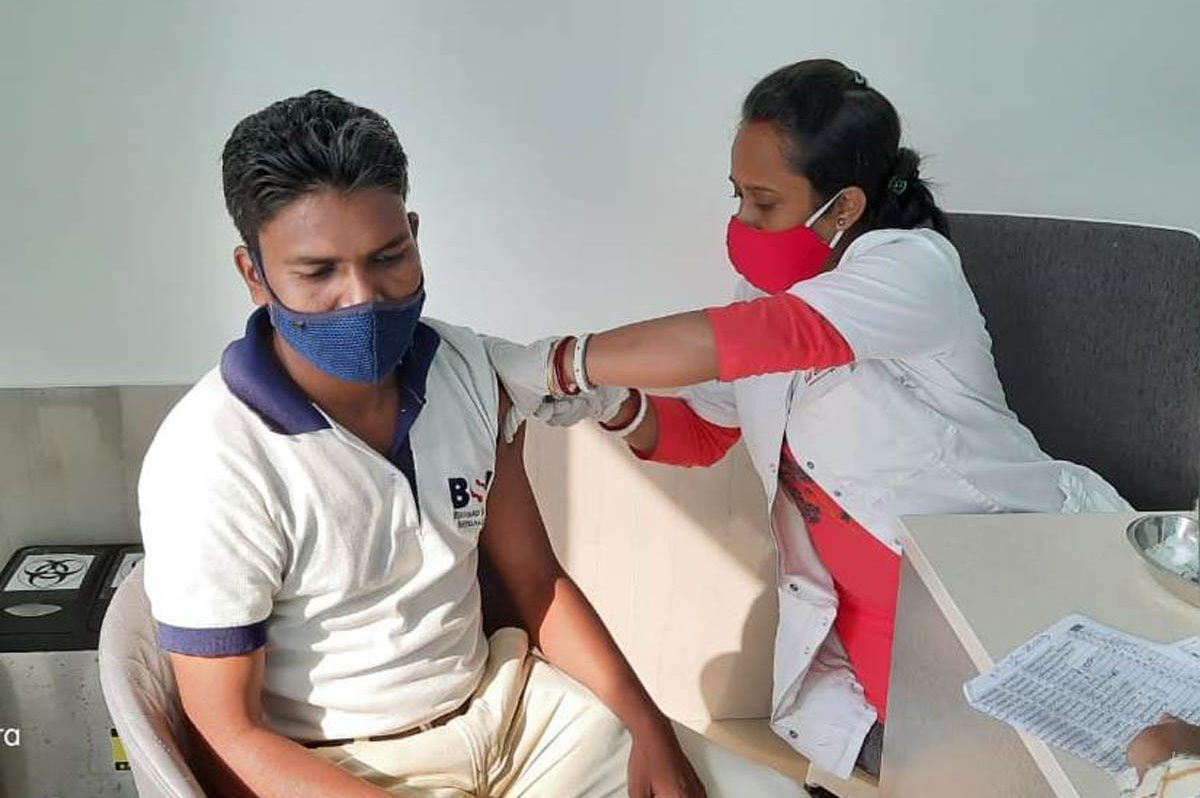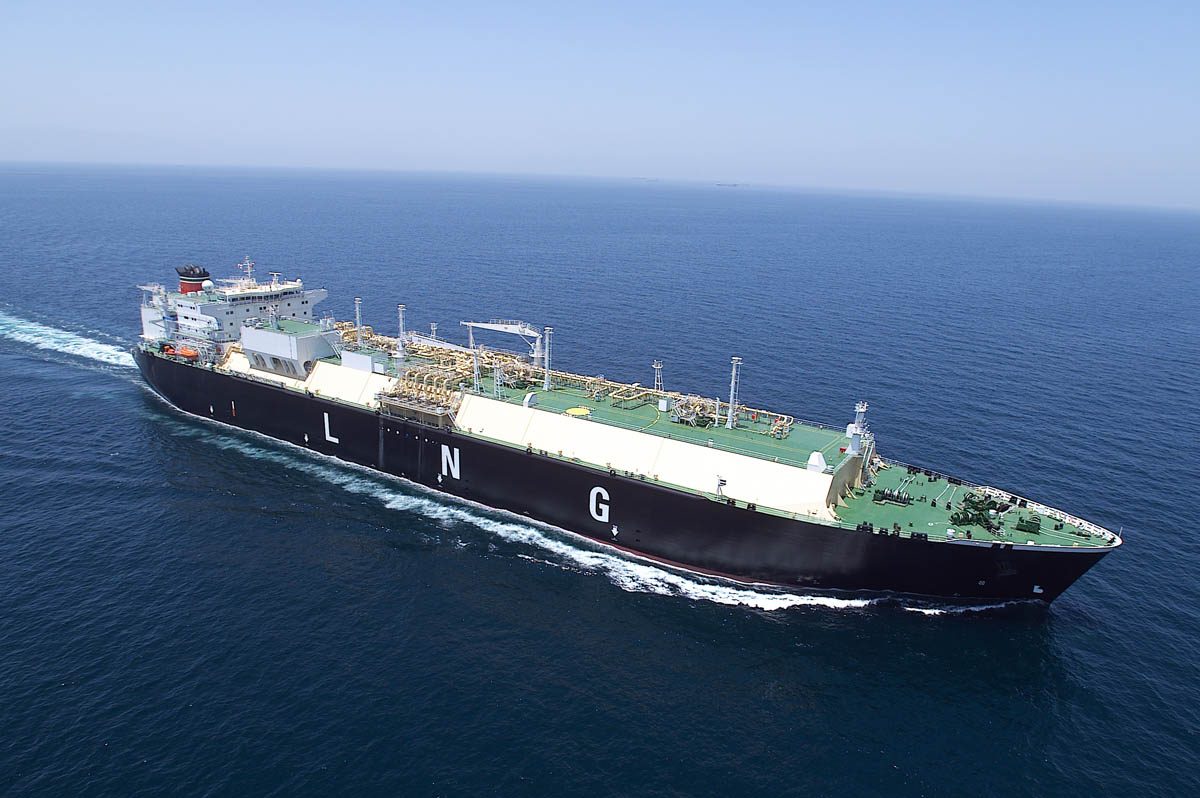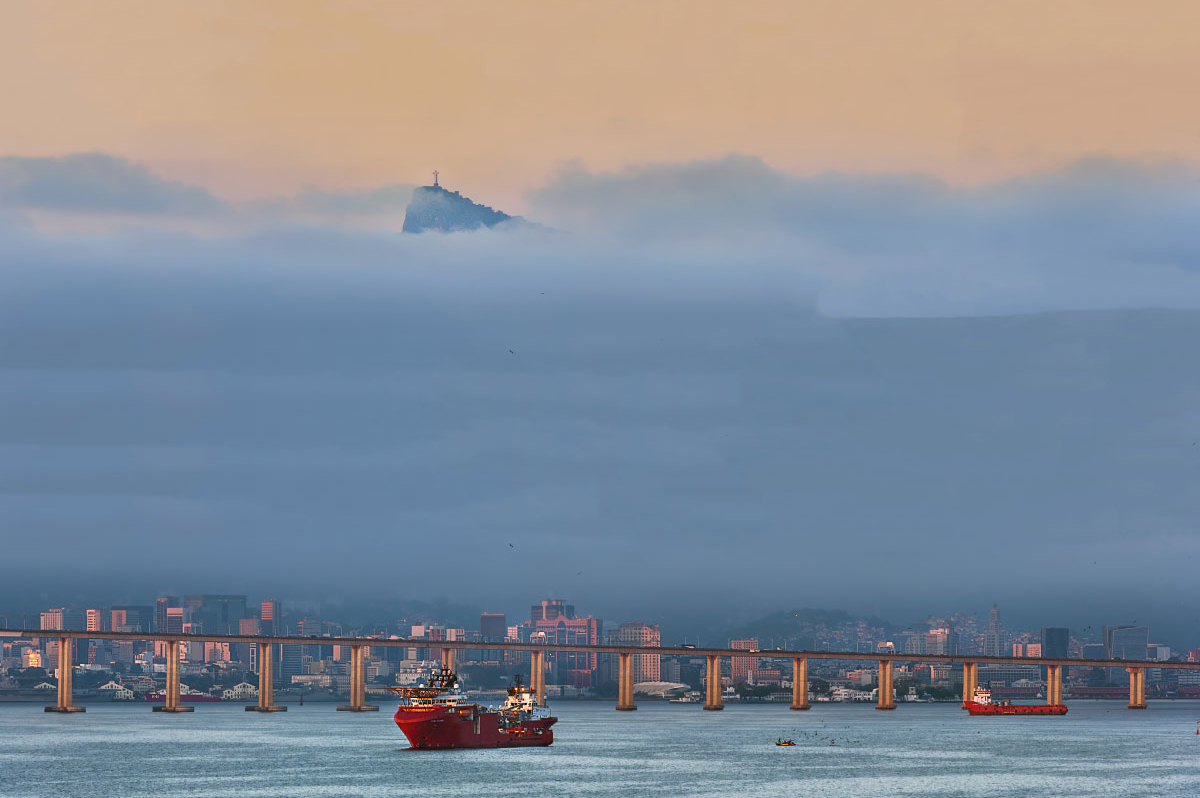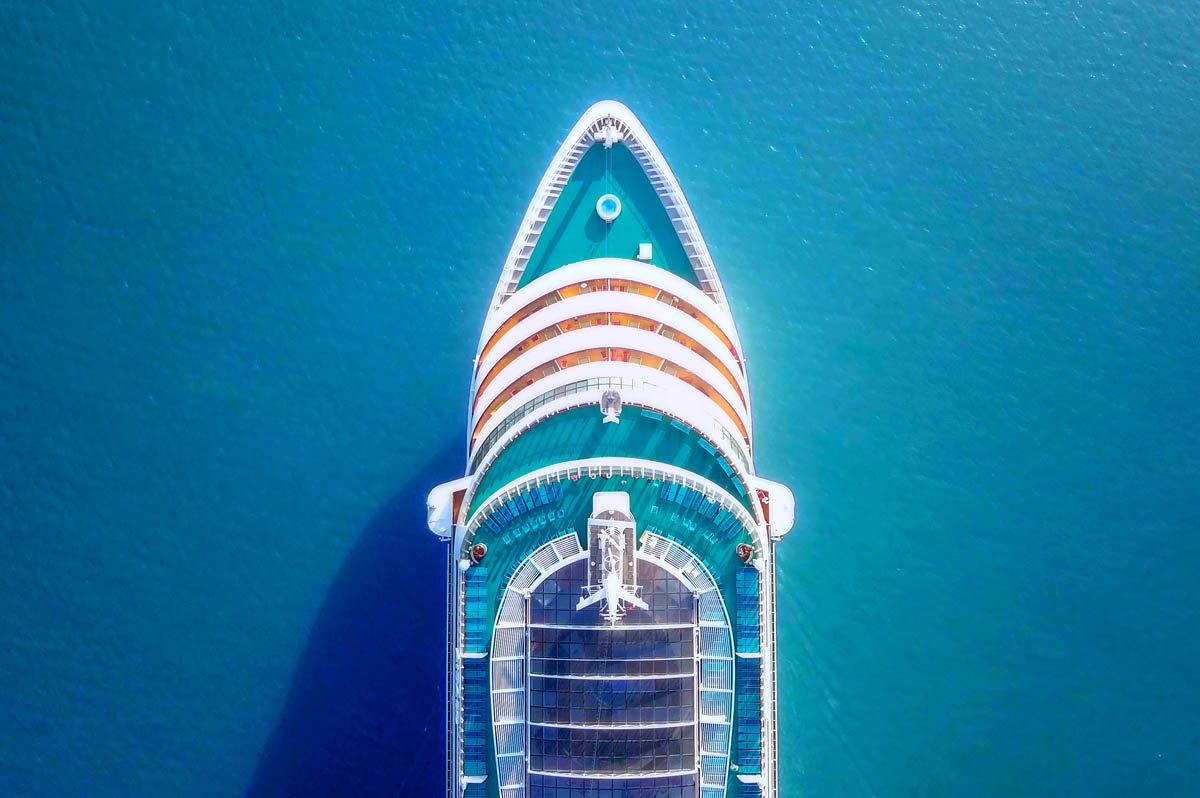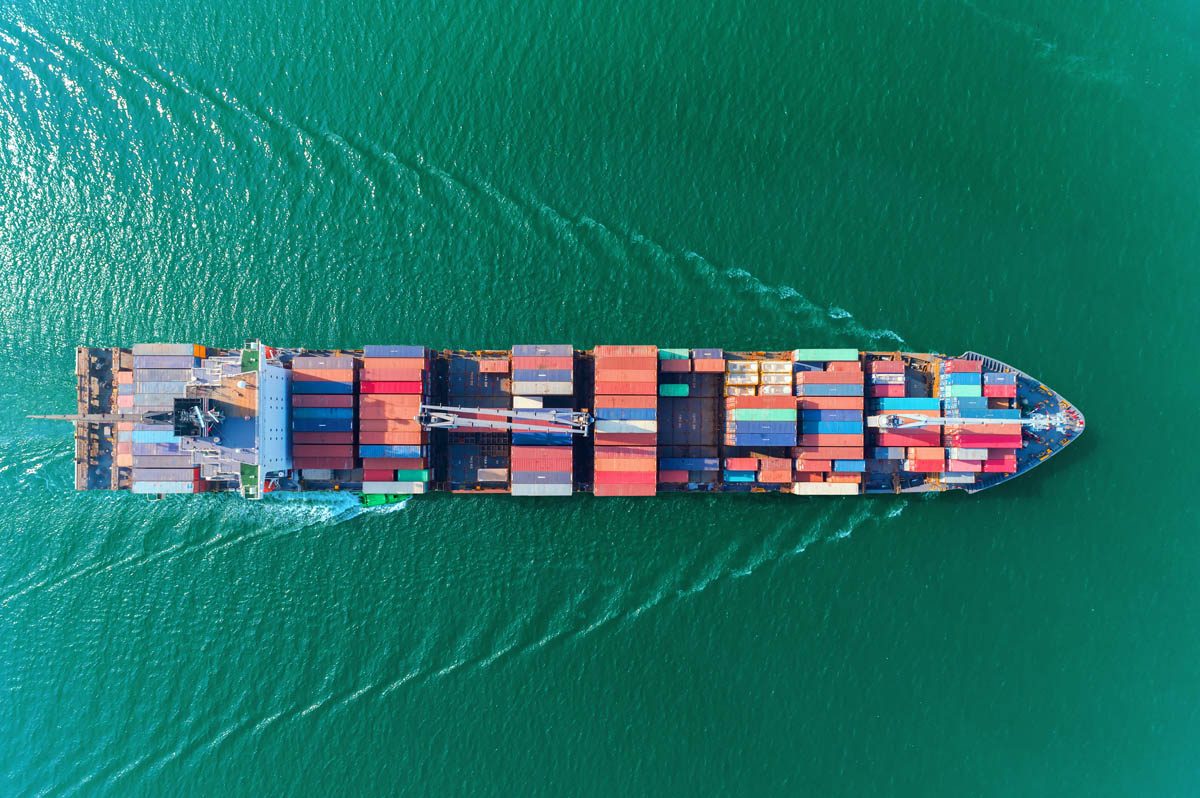Frank Lasse on BSM’s 360-degree safety approach and why safety is everyone’s responsibility.
BSM’s safety statistics for container vessels make for impressive reading: Total Recordable Case Frequency (TRCF), which measures personal injuries on board, was reduced by 35% last year, while the Lost Time Incident Frequency rate was consistently below 0.96.
But there is never room for complacency. These results are down to constant focus on safety, continuous improvement of safety procedures and protocols and strong focus on skills, training, technology and digital tools, all matched by a commitment to the wider industry through BSM’s proactive membership of the Container Ship Safety Forum (CSSF, a global business-to-business network).
“Safety is something we can and always will improve,” says Frank Lasse, Director LPSQ (Loss Prevention and Safety Quality) at BSM. “We constantly keep our finger on the pulse.”
Where does the responsibility for safety lie? At BSM, it lies with everyone, at every level, all the time.
“Container ship safety has obviously been a concern since the ships were put into service, and as they get bigger and bigger the problems have increased. For example, firefighting is a problem and so is lashing, with containers so high on deck,” says Frank.
“We recognise that we can’t overcome some of these challenges on our own – regulatory changes are needed to improve the situation. We must connect with the IMO in order to raise awareness on a political and regulatory level.”
Within BSM, there has been an important shift in emphasis from a purely ‘top down’ concept to one that includes everyone. “The traditional approach would be implementing ideas agreed by the board; although it obviously had impact, it did not involve the more junior positions in the company. At BSM, we want safety improvements coming from all levels of the company.”
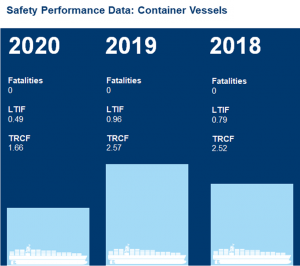 Passing responsibility to those at the ‘sharp end’ can deliver stunning results, as shown in 2019 when the challenge of improving Port State Control (PSC) inspections statistics was handed over to marine superintendents. “Not only was there a dramatic improvement in PSC performance, but the safety statistics improved to a degree that we had never seen before – far fewer incidents, less costly, fewer people being injured,” says Frank.
Passing responsibility to those at the ‘sharp end’ can deliver stunning results, as shown in 2019 when the challenge of improving Port State Control (PSC) inspections statistics was handed over to marine superintendents. “Not only was there a dramatic improvement in PSC performance, but the safety statistics improved to a degree that we had never seen before – far fewer incidents, less costly, fewer people being injured,” says Frank.
“In the past people might have felt that they were being told what to do but they knew better. Now they are happier to get involved because they can see that they are listened to.”
BSM’s “My Idea” platform was set up to encourage anyone in the company to pass on their ideas, whether crew, environment, technology or safety related. What is more, if an idea is accepted, the project could be handed over to the person who suggested it. “We don’t take the idea and run with it; we let the people take the idea and implement it,” says Frank. “I believe this is the way forward.”
That ties in with BSM’s ‘Just Culture’ which promotes personal accountability and transparency. Safety, as Frank says, is everyone’s responsibility.



